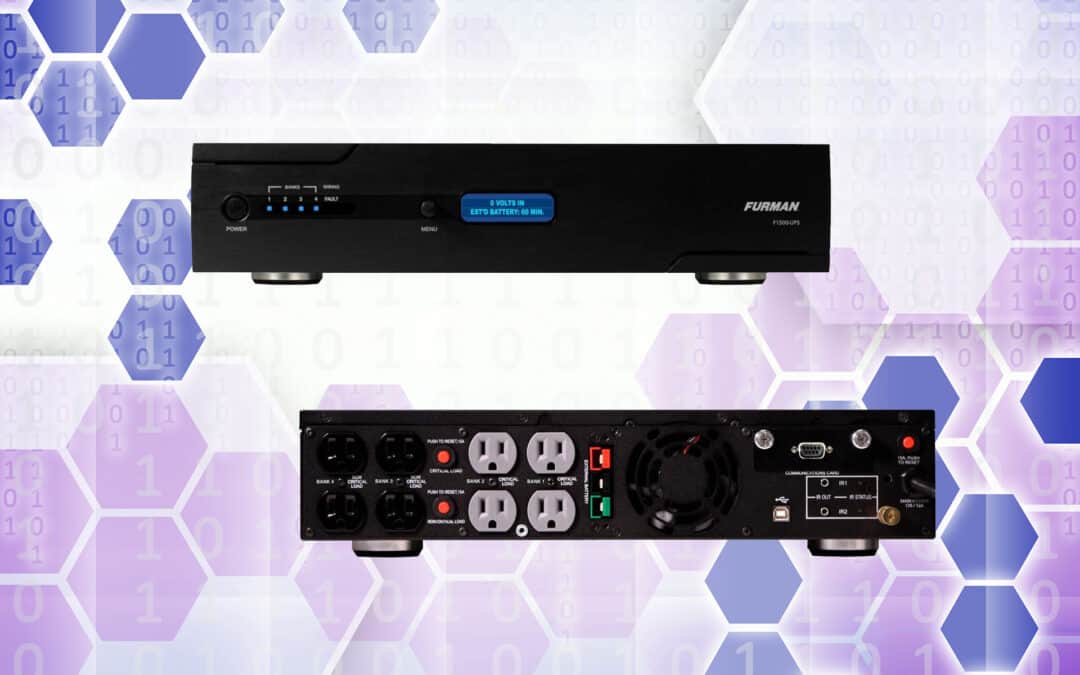Power conditioners work like extra surge protectors, allowing your high-end electronics to perform better without worrying about surges or damage. You should use a power conditioner for a few reasons, and knowing what they are will allow you to make the right choice for your wallet. So do you need a power conditioner for your amp?
When dealing with electronics, you can encounter terms and math that could go over your head. Electronics is one of those things that must be researched before you head into the store and throw down a large sum of money. So read on and learn if you need a power conditioner for your amp.
Table of Contents
Power Conditioners and What They Do
A power conditioner is an exciting piece of hardware that acts with a surge protector to create a barrier between power surges and the delicate internal parts of your stereo or home theater. Unfortunately, they are hard to shop for as different types and levels make them a specialty or possible rarity.
Power Conditioners have Several Advantages for Amps.
While you might not have heard about them, power conditioners are critical to your home theater setup. Having an extra buffer between an expensive amp and power surges or fluctuations is invaluable. For a nominal fee, you can protect your sensitive electronics and home theater equipment from power fluctuations.
A few of the advantages of a power conditioner are:
- Power Surges – While you might not see them in flickering lights, tiny power surges happen throughout the day. Your amp will take damage from these surges if you don’t have a power conditioner in your setup. Surges will cripple the inside of the amplifier and damper your home theater or stereo.
- Corrections – Another thing that conditioners do is correct fluctuations in power. Fluctuations are like power surges in that they are often imperceptible but can damage your amp. The conditioner corrects these wavelength imperfections and prevents them from harming your amp.
Power conditioners are like a second layer of protection against electricity. The surges and fluctuations of standard AC electricity are hard on the interior pieces of amplifiers and home theaters. You can add years of life to your home stereo system with a conditioner and surge protector. Also, your video screens will appear crisper and have a longer life.
The Different Types of Power Conditioners
The power conditioner market has a few different options. For amps, there’s only the option to protect against surges and fluctuations in power. However, if you are looking to place a conditioner between your home theater and raw electricity, a few options will also clear out background noise in your speakers.
The different types of power conditioners are as follows:
- Passive – The only option available for amps is the passive style of a power conditioner. It protects the delicate parts of the amp and keeps any wild electrical problems from overwhelming it. These are the cheapest models easily found on websites like Amazon or eBay.
- AC Type – These are designed to help filter the AC noise in speakers and video screens. AC-type power conditioners are expensive and often used on large theater-type setups. AC-type conditioners work like electricity filters that take energy and rework it to remove imperfections.
- Balanced Transformer – The aptly named balanced transformer works to balance the electricity that makes it to the home theater and apply it in equal amounts to the machine. These are fantastic at removing background noise from speakers and video sources that could have fuzzy screens.
The types of power conditioners vary depending on what kind of equipment you use. The more expensive types are designed to handle a variety of equipment, like projectors and surround sound speakers. Amps mainly handle the power coming into the machine and provide stability for electricity.
Do You Need a Power Conditioner for Your Amp Conclusion
A power conditioner prevents harmful surges and fluctuations from penetrating the inner working of your electronics. Amplifiers are different, but there are still options that allow you to protect them and break down outside interference. The protection allowed by power conditioners allows electronics to operate for much longer than a typical surge protector.
If you are in the market for a power conditioner, you should know that there are several different types. The passive conditioner works best for amplifiers as it protects against raw power from the socket. Also, remember that power conditioners work like surge protectors, which will help combat any damage to your equipment.
